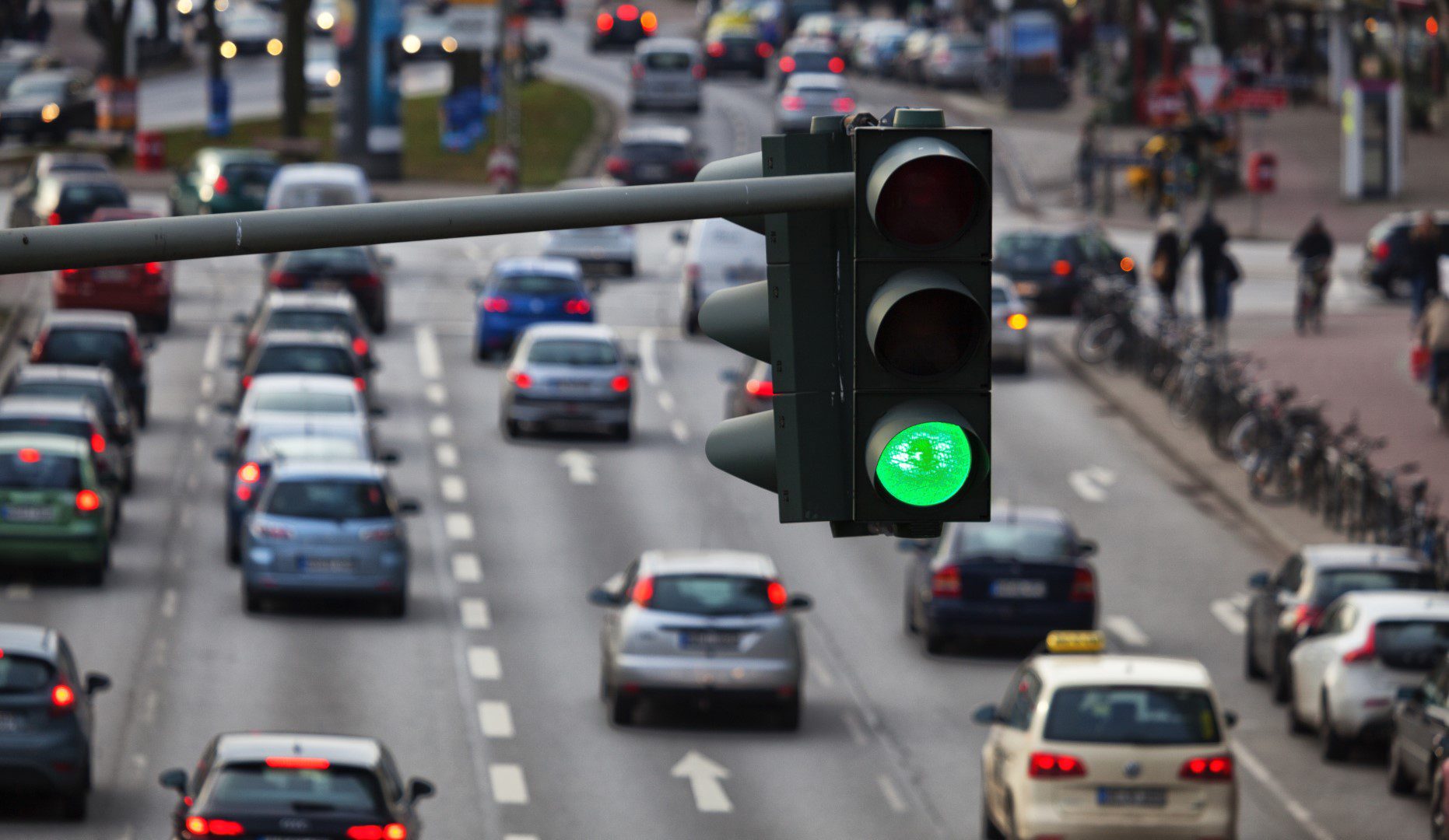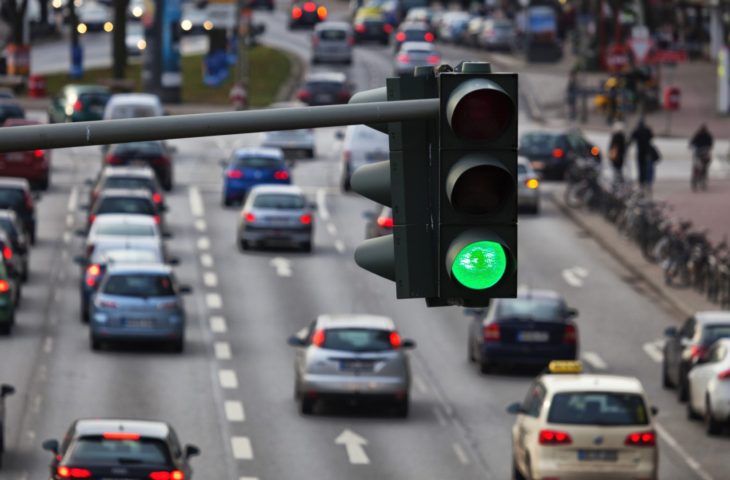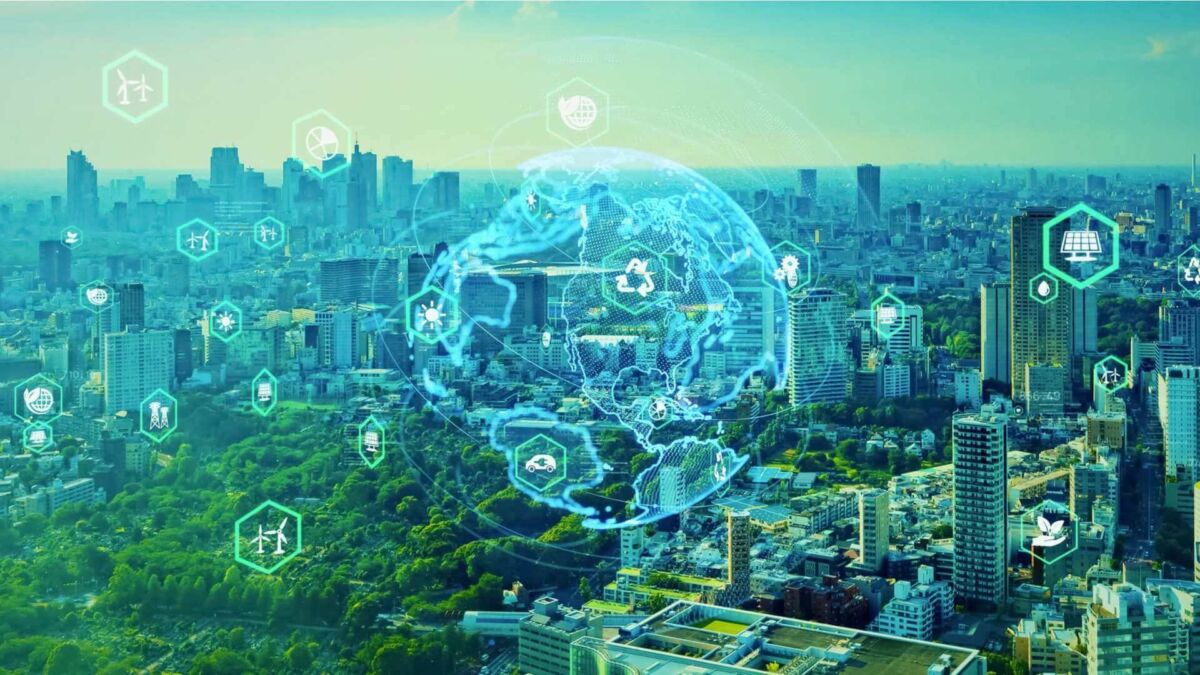Two years ago, Google launched the “Green Light” project in several global cities such as Manchester, Seattle and even Abu Dhabi. The project is intended to ensure smoother traffic, less light and noise pollution and reduced CO2 emissions.
During Sustainability Event ’23, Google announced the first results of Green Light. The technology company immediately announced that more cities would be equipped with AI technology. Google uses machine learning to sift through Maps data to predict wait time at a specific traffic light. The traffic flow can be optimized through the automatic and flexible operation of the traffic lights.
CO2 emissions
By using AI to manage traffic, Google is taking a big step closer to its ultimate business goal. Google wants to help its partners collectively reduce up to one gigaton of CO2 emissions by 2030. In initial tests in 2021 at four pilot intersections in Israel, Google found a decrease in fuel consumption and congestion time of up to ten to twenty percent, reports Engadget. Since then, pilot programs have also been launched in other global cities such as Rio de Janeiro, Manchester and Jakarta.
It doesn’t stop with these cities. “From 2024 we want to expand to more cities,” says Yael Maguire, VP Sustainability at Google. “We estimate that the time a driver spends standing still at an intersection could be reduced by thirty percent. What makes Green Light special is that it is more scalable and cost-effective compared to alternative models. In an ideal world, cities would use the technology at multiple intersections to create waves for smooth traffic.”
The advantage of Google’s AI system is that it works with existing infrastructure. “City engineers can measure the impacts after just a few weeks. “Air quality has increased by 18 percent. The system has contributed to a reduction in emissions of around 2.4 million tonnes of CO2. That’s the equivalent of 500,000 fewer petrol cars on the road in a year,” says Maguire.














